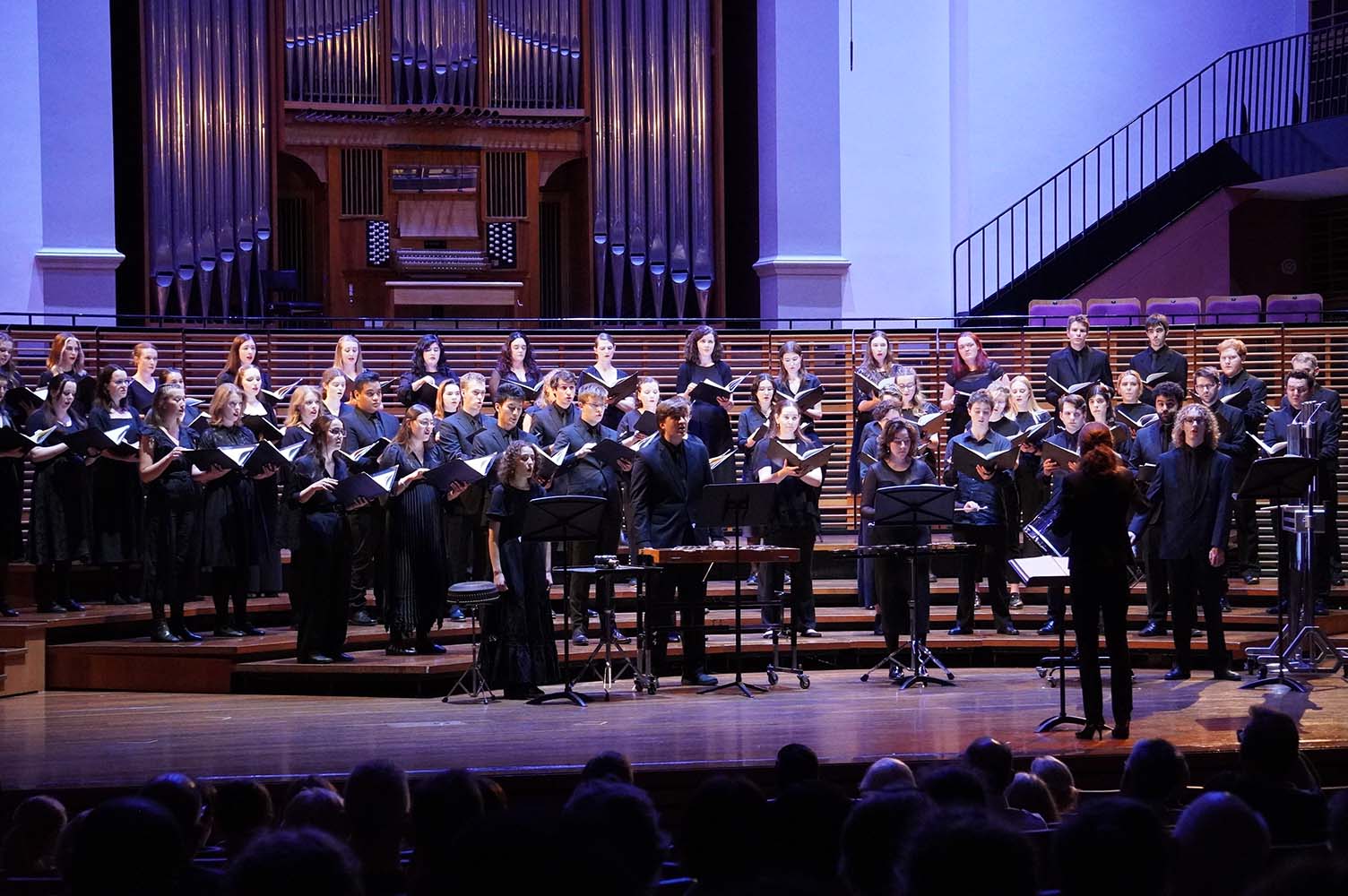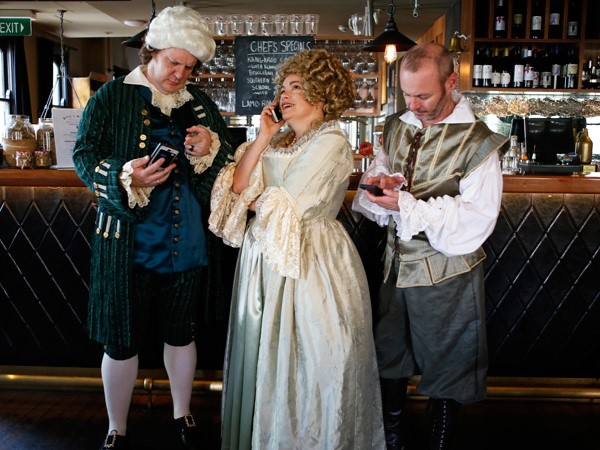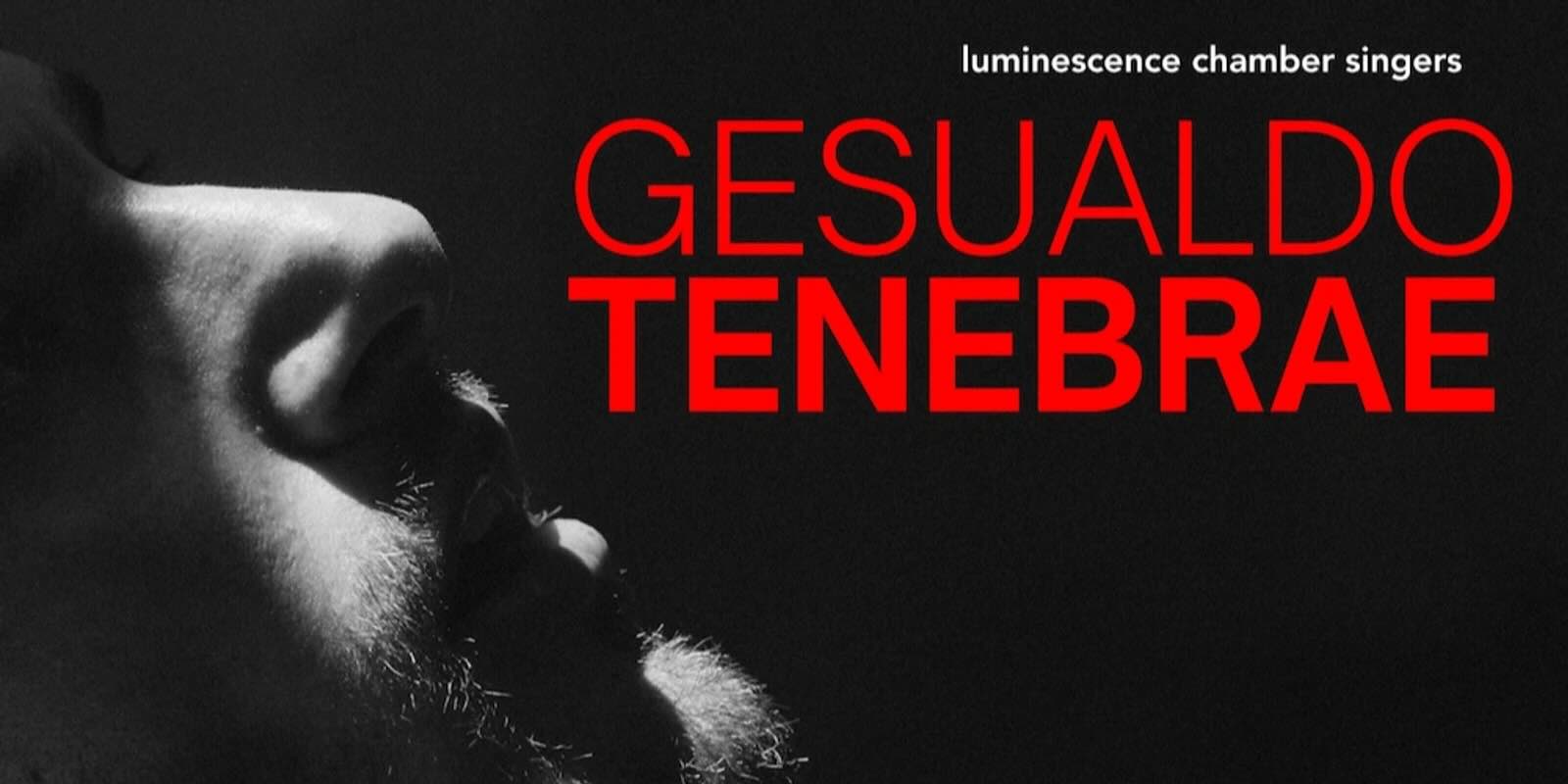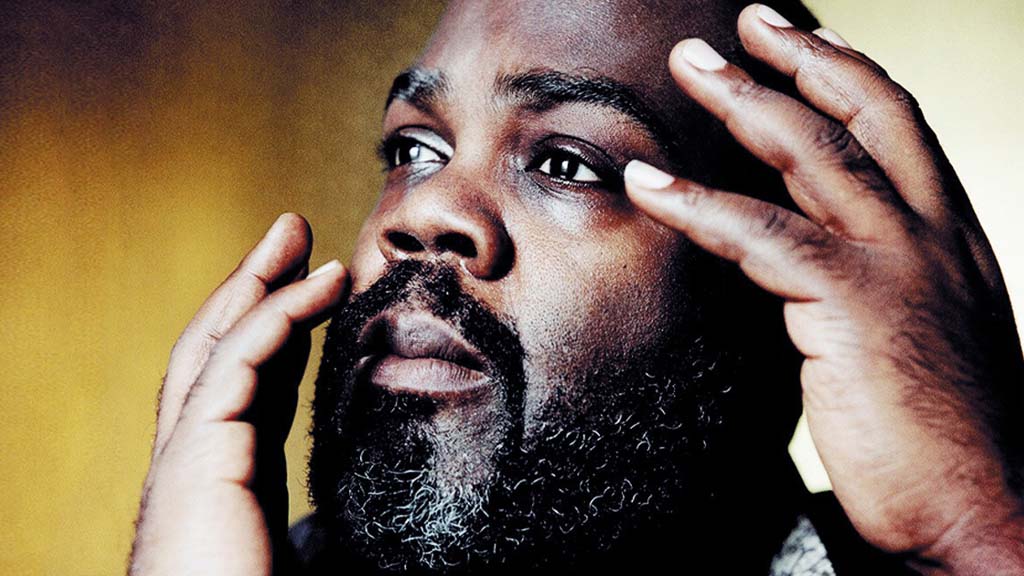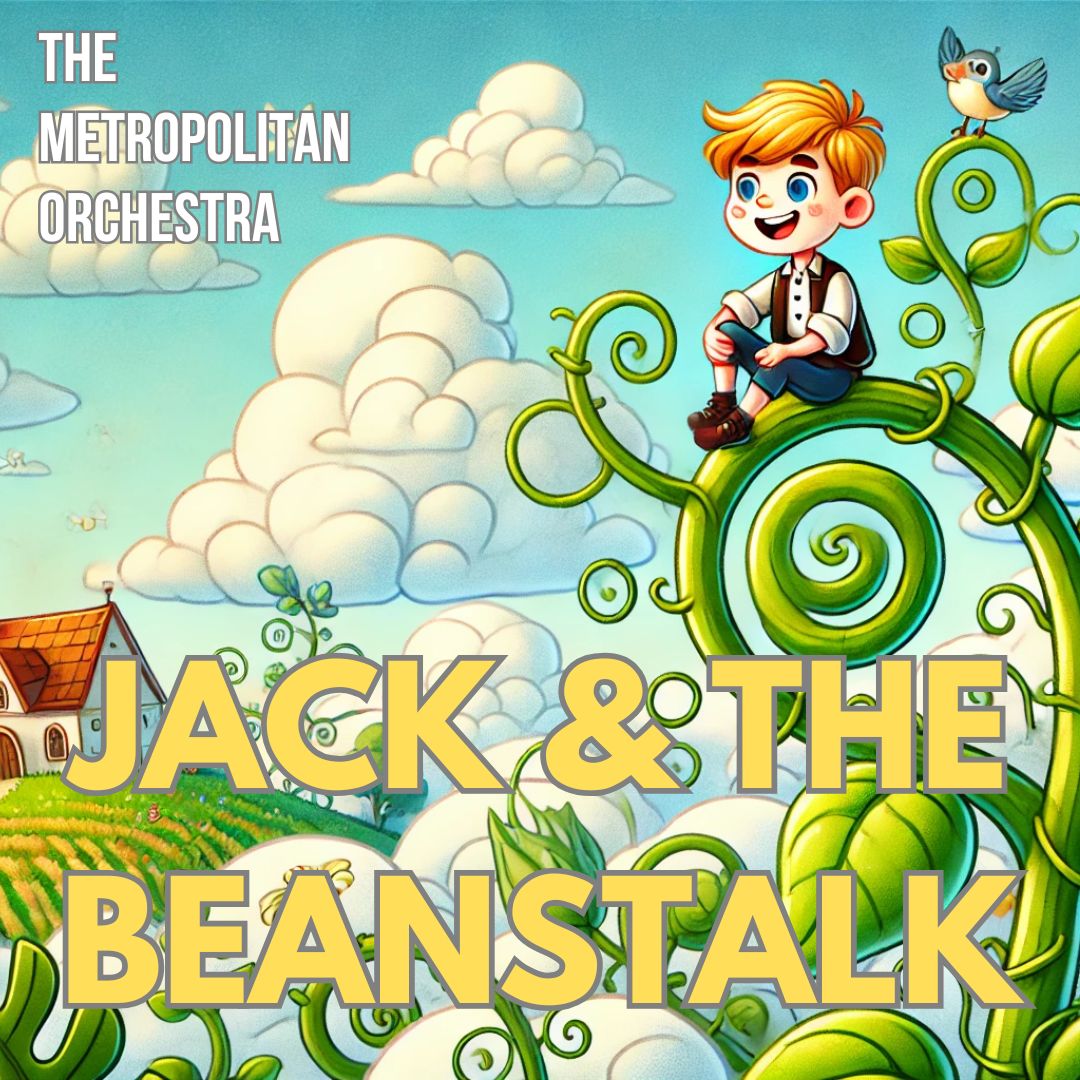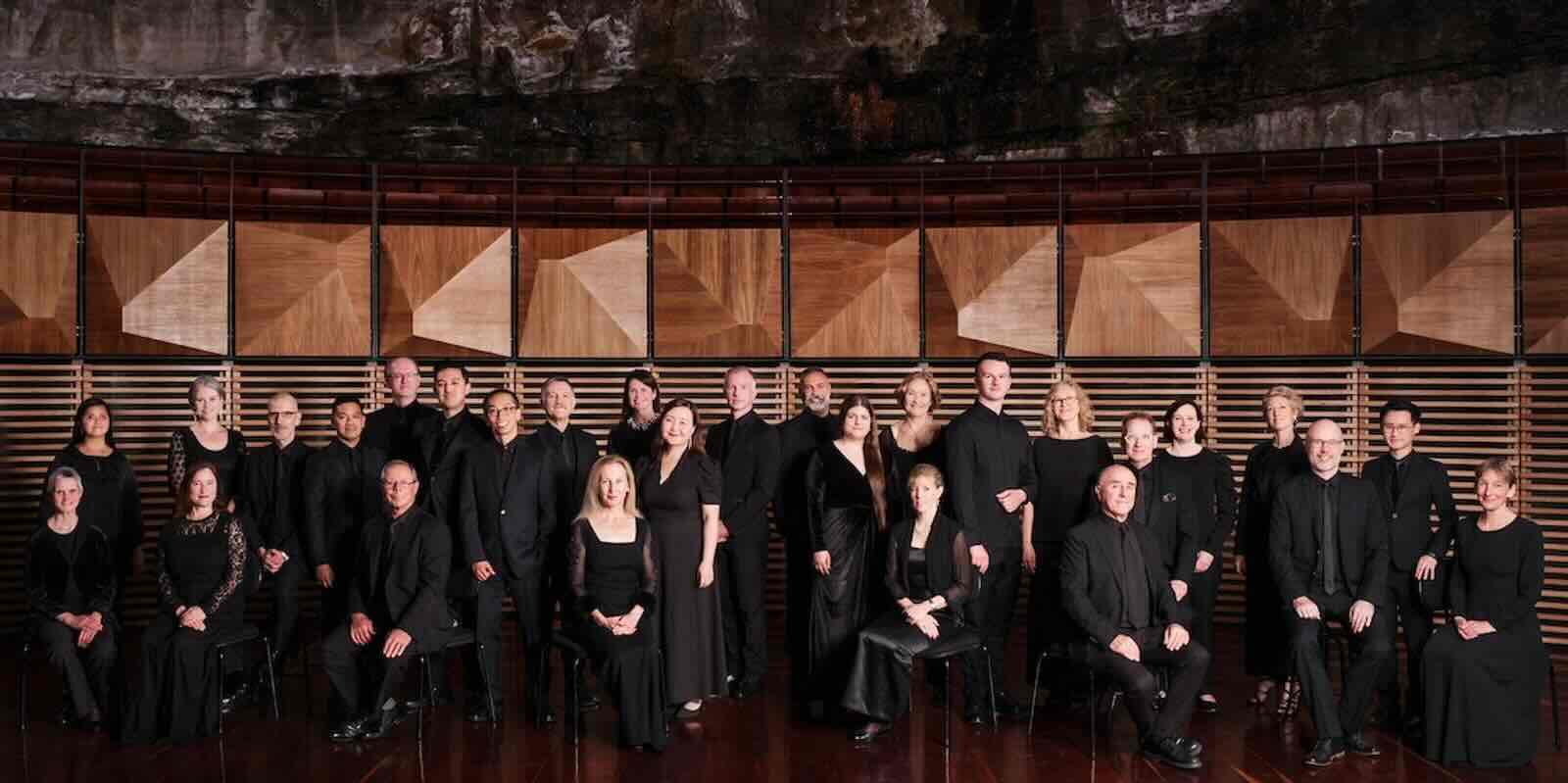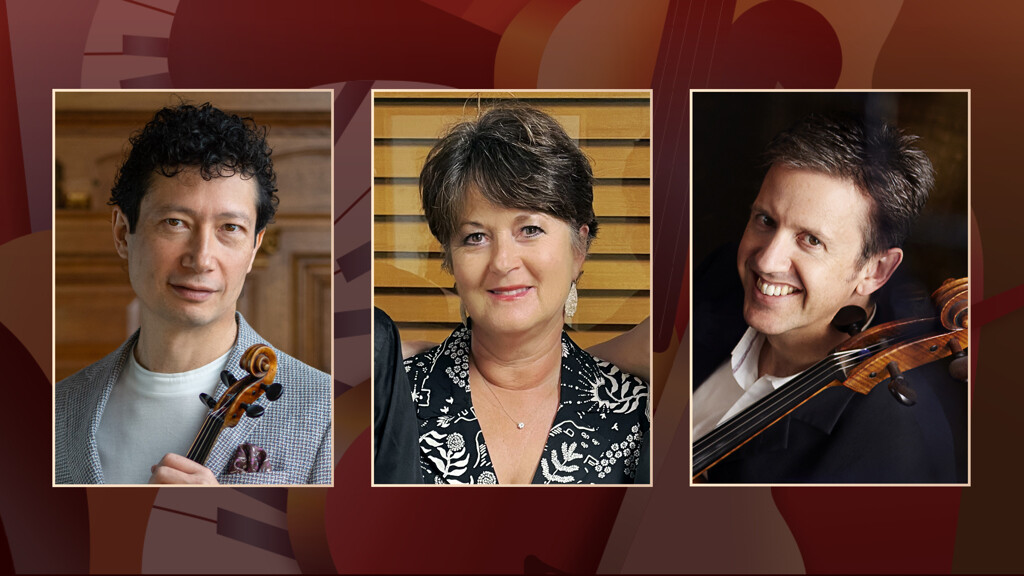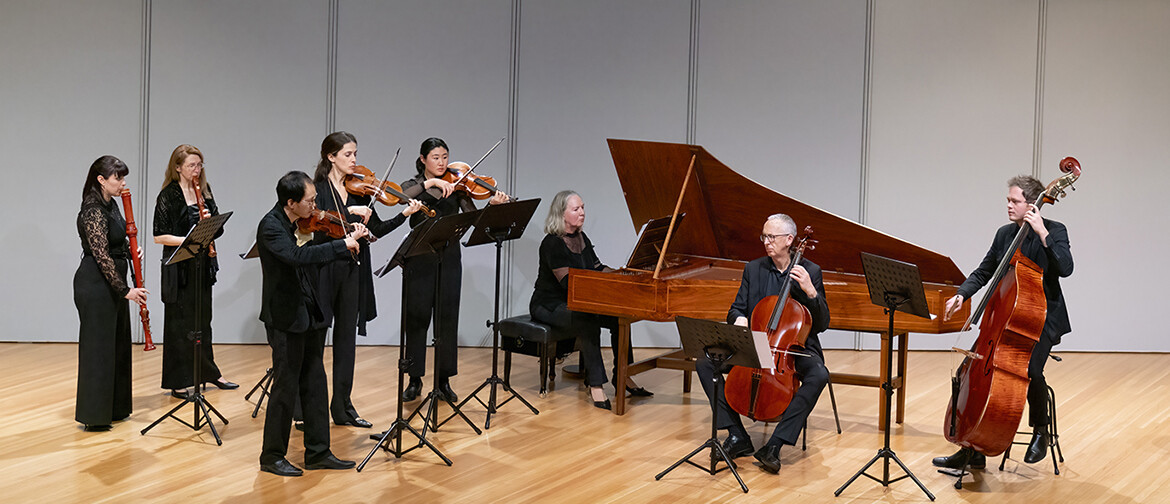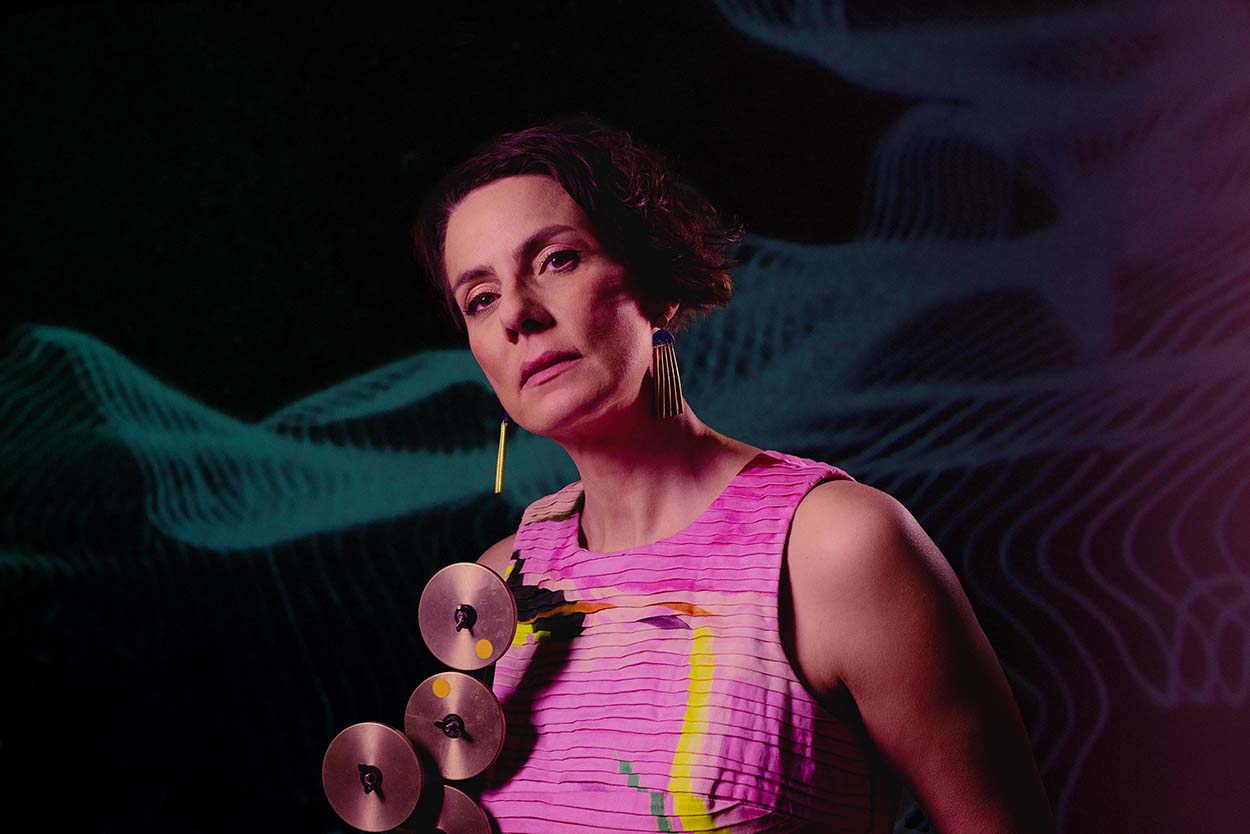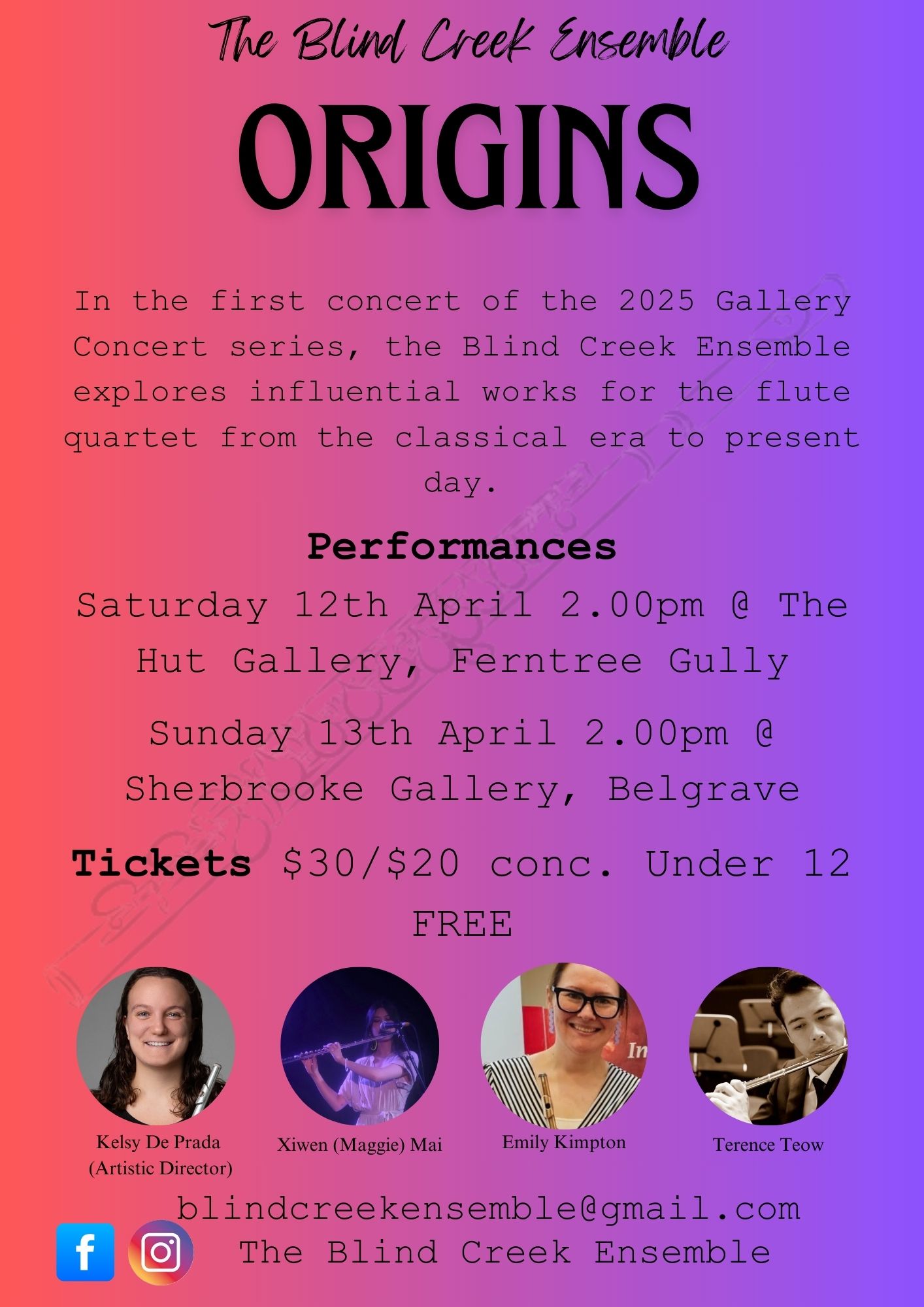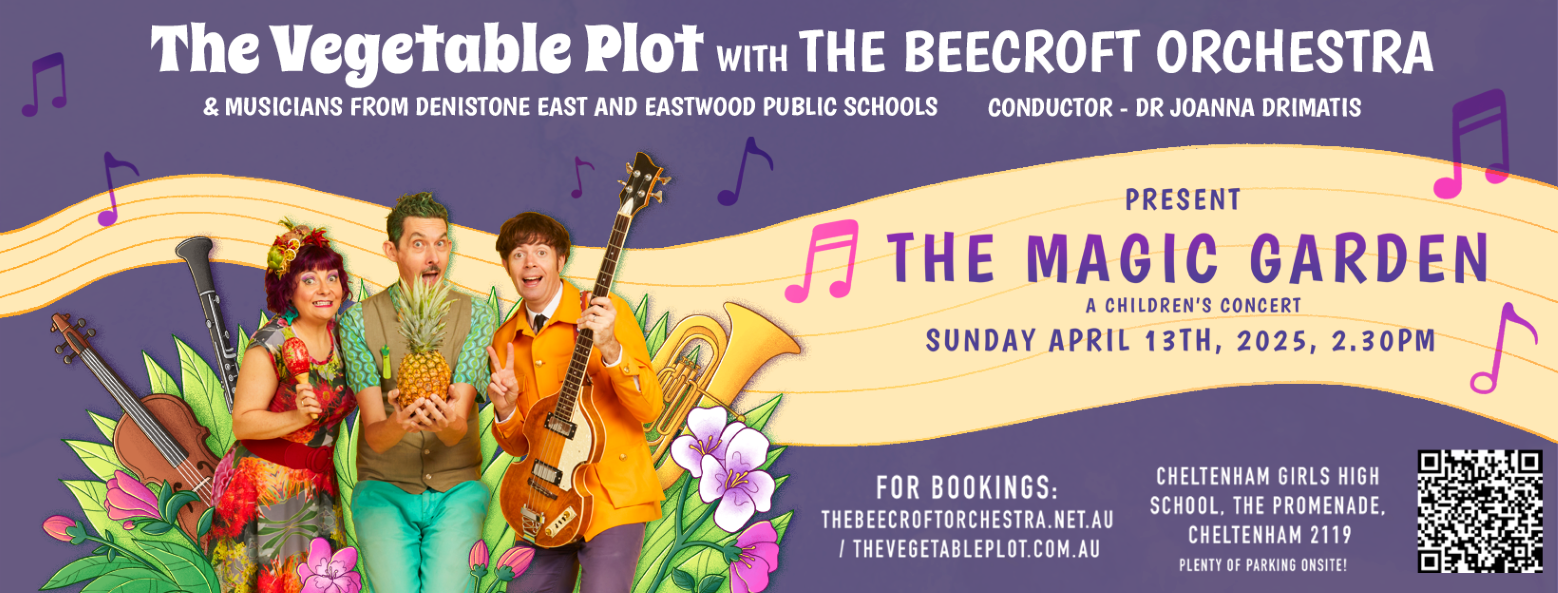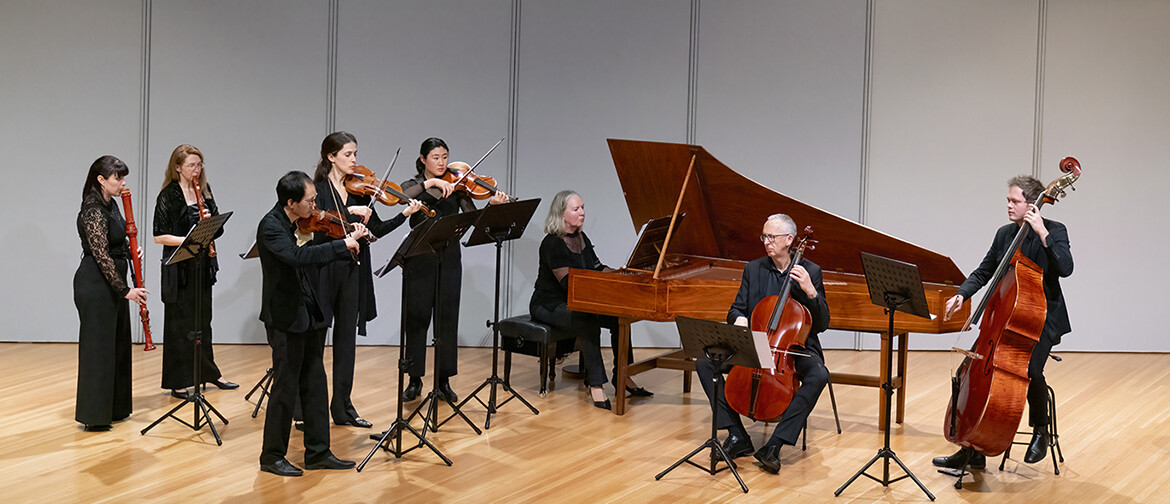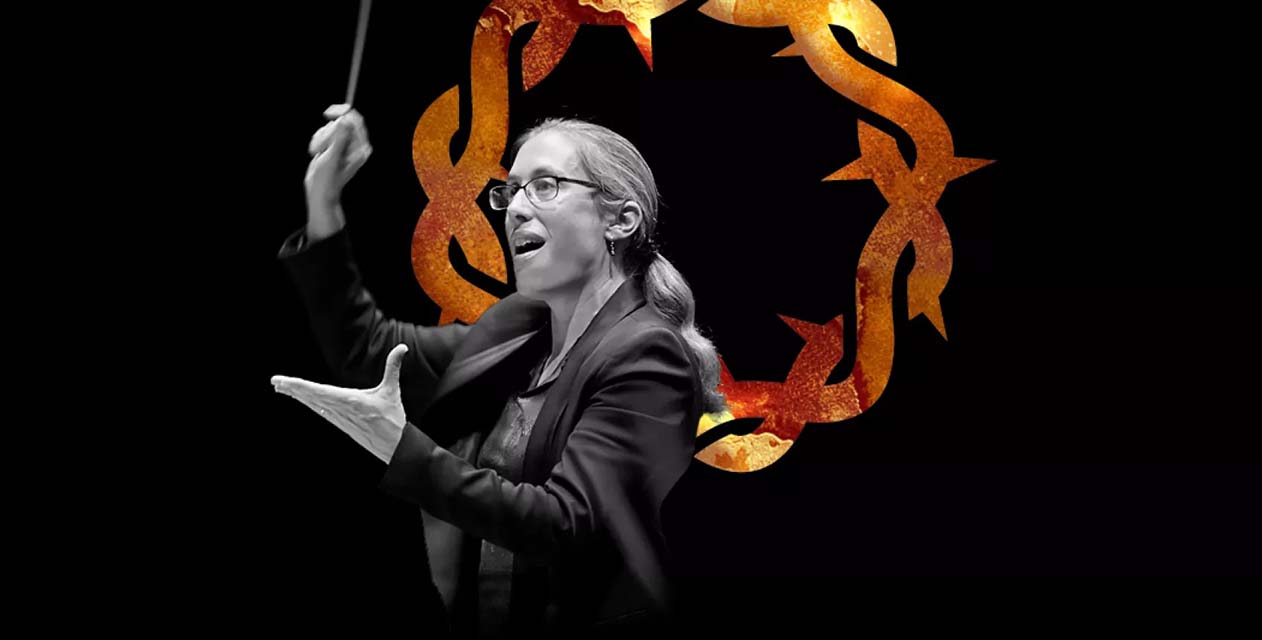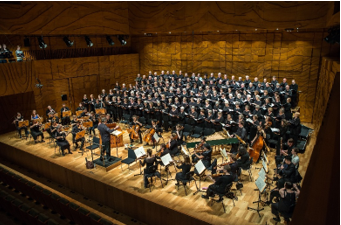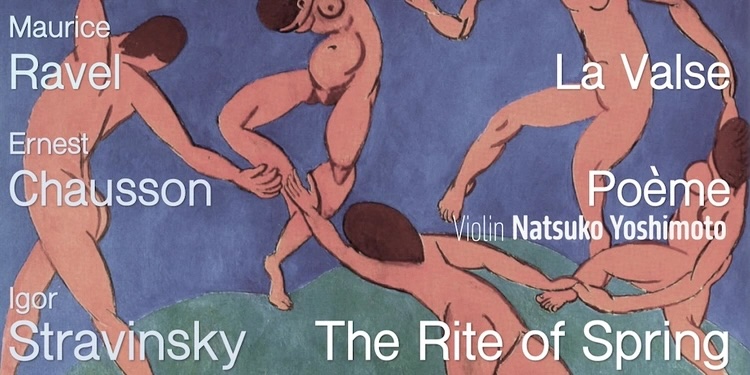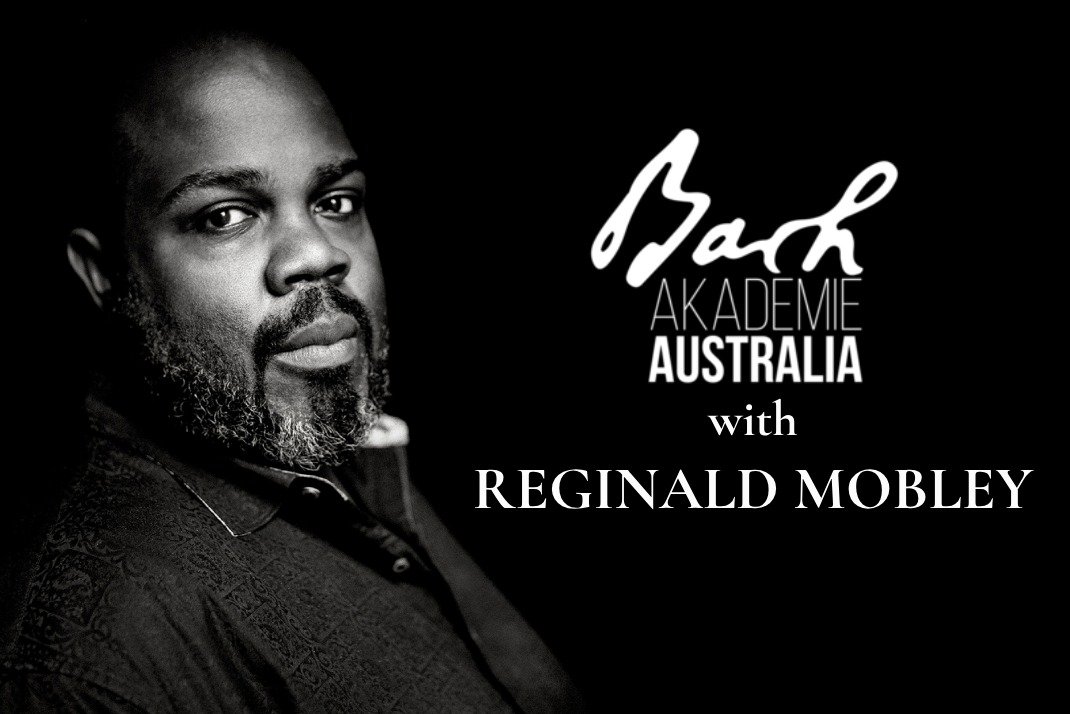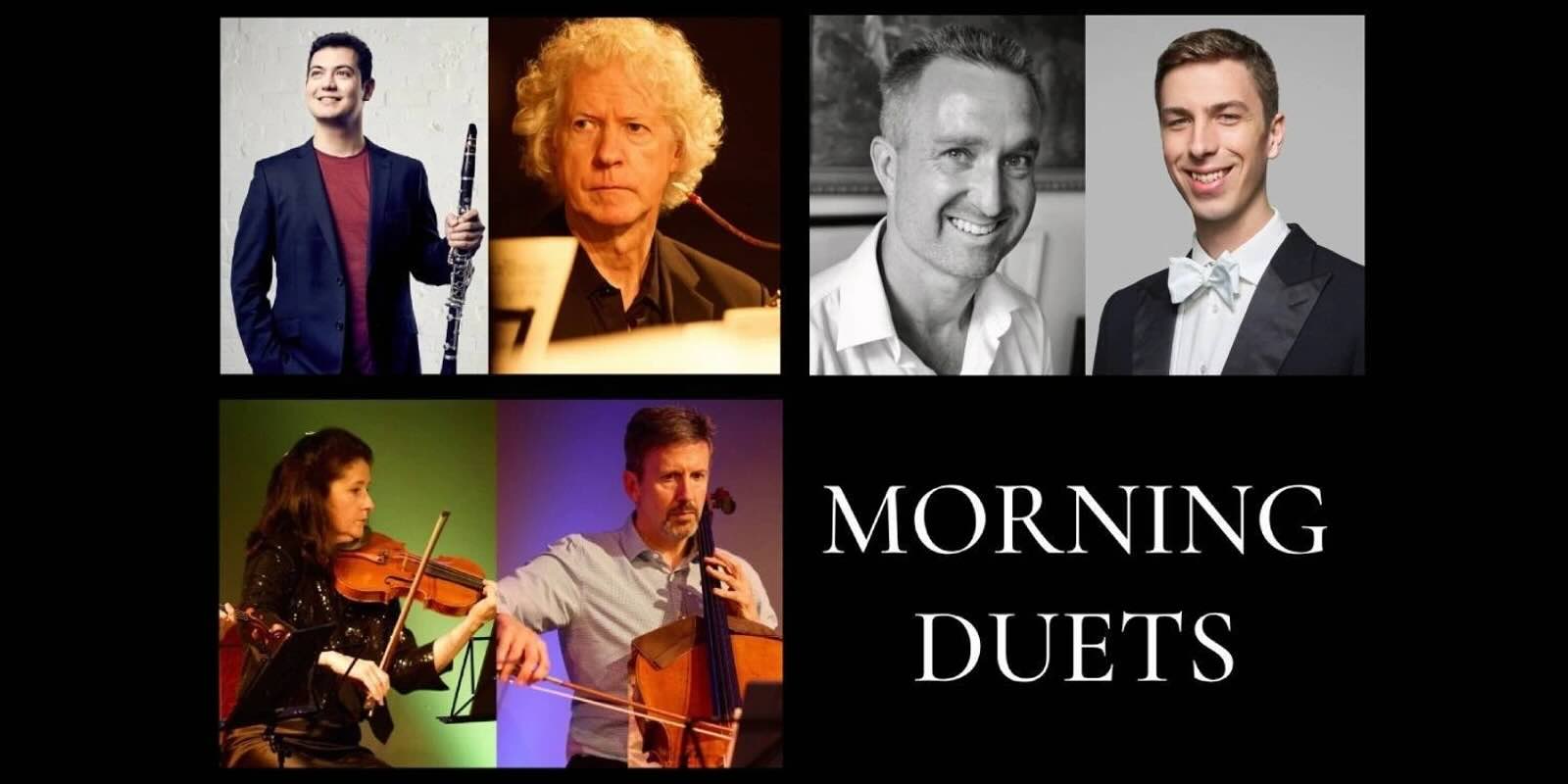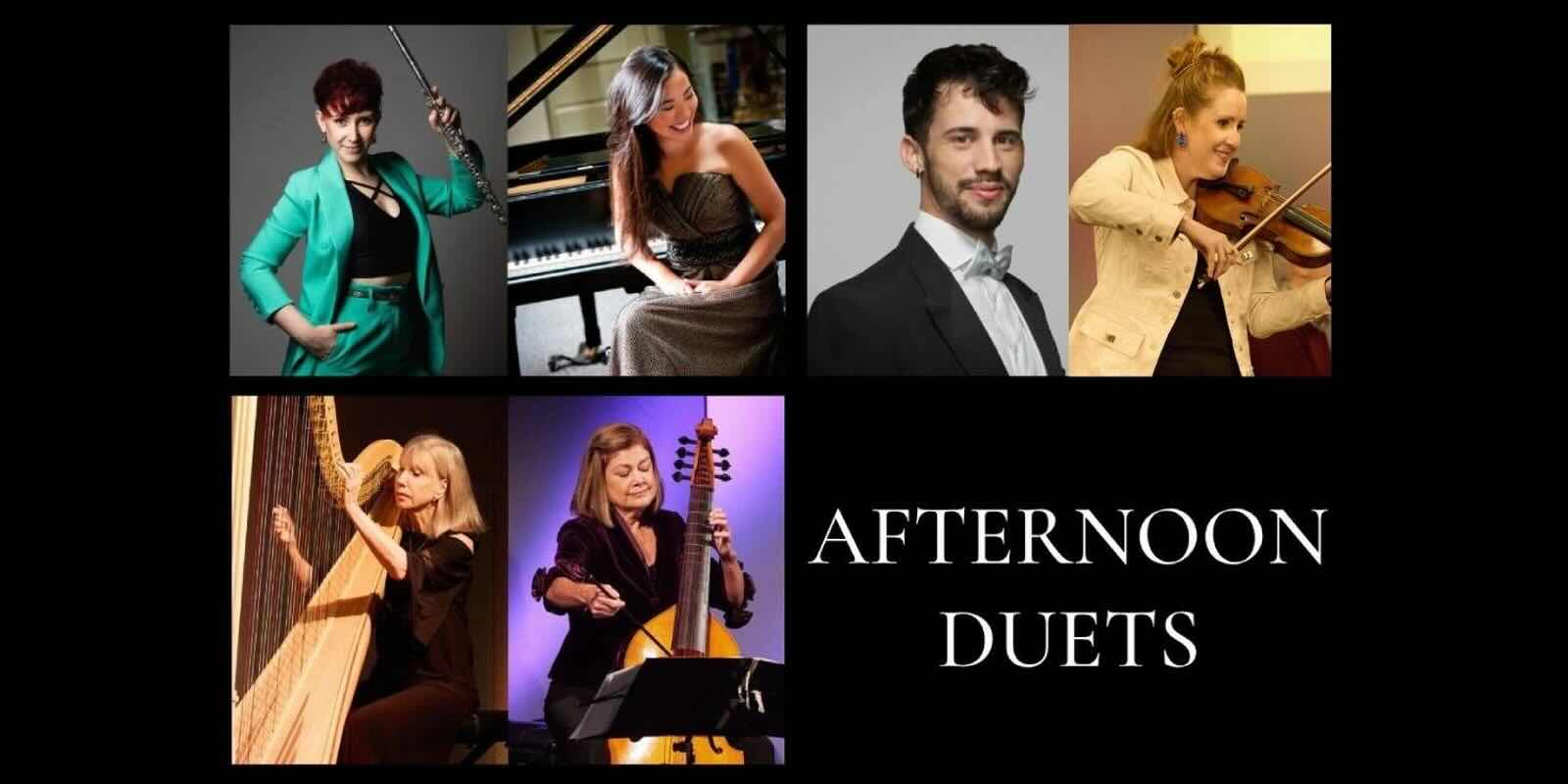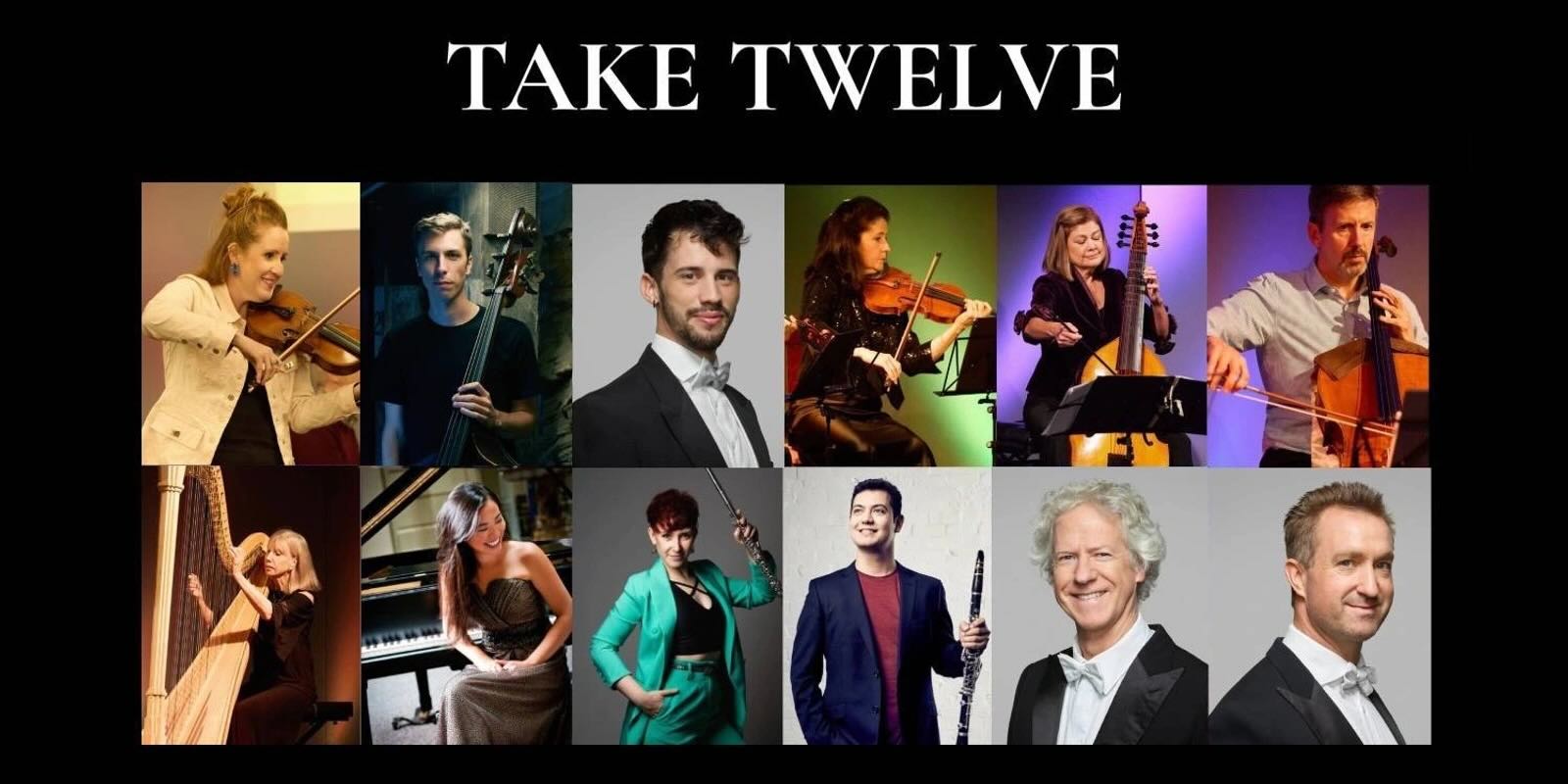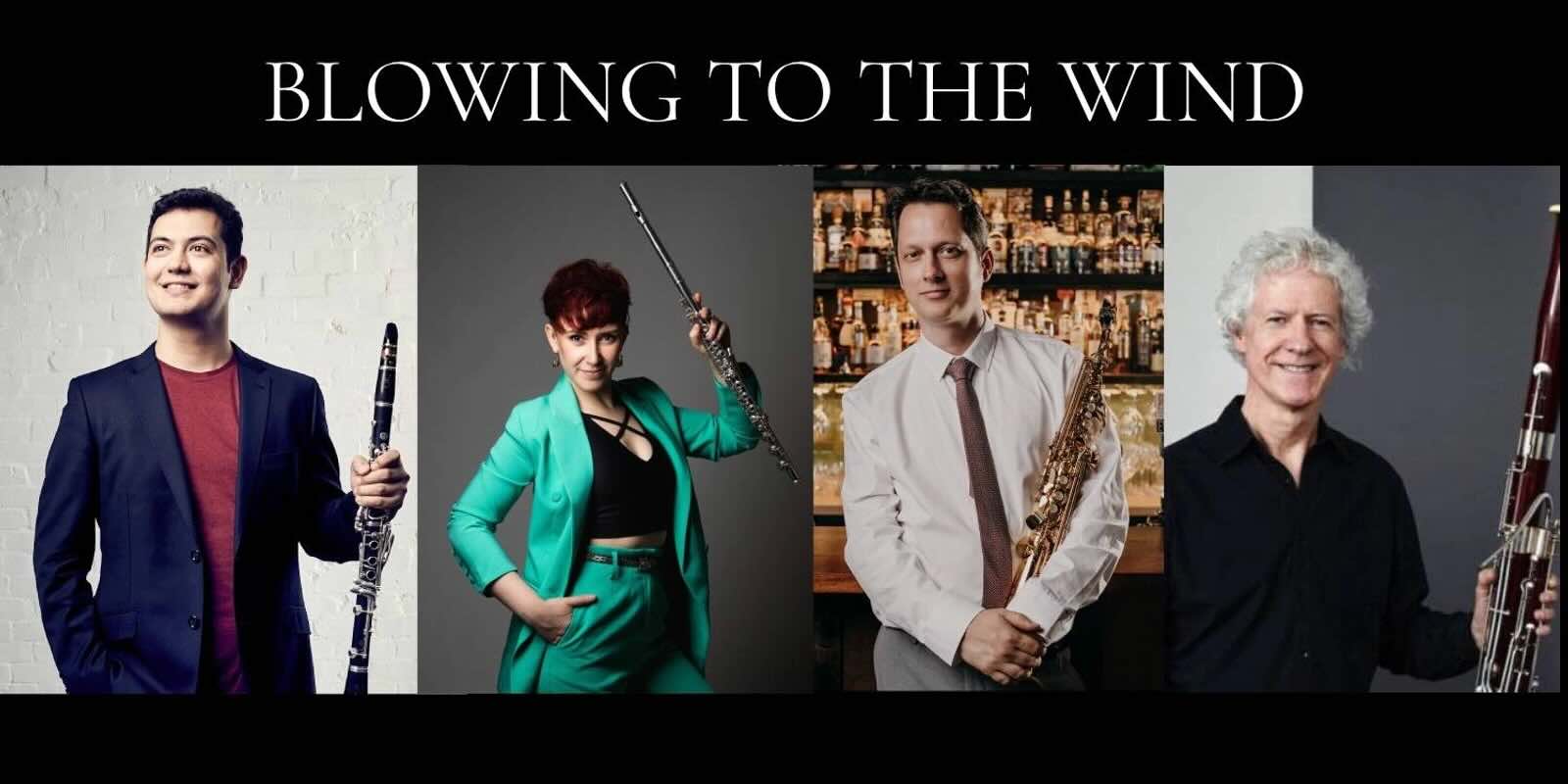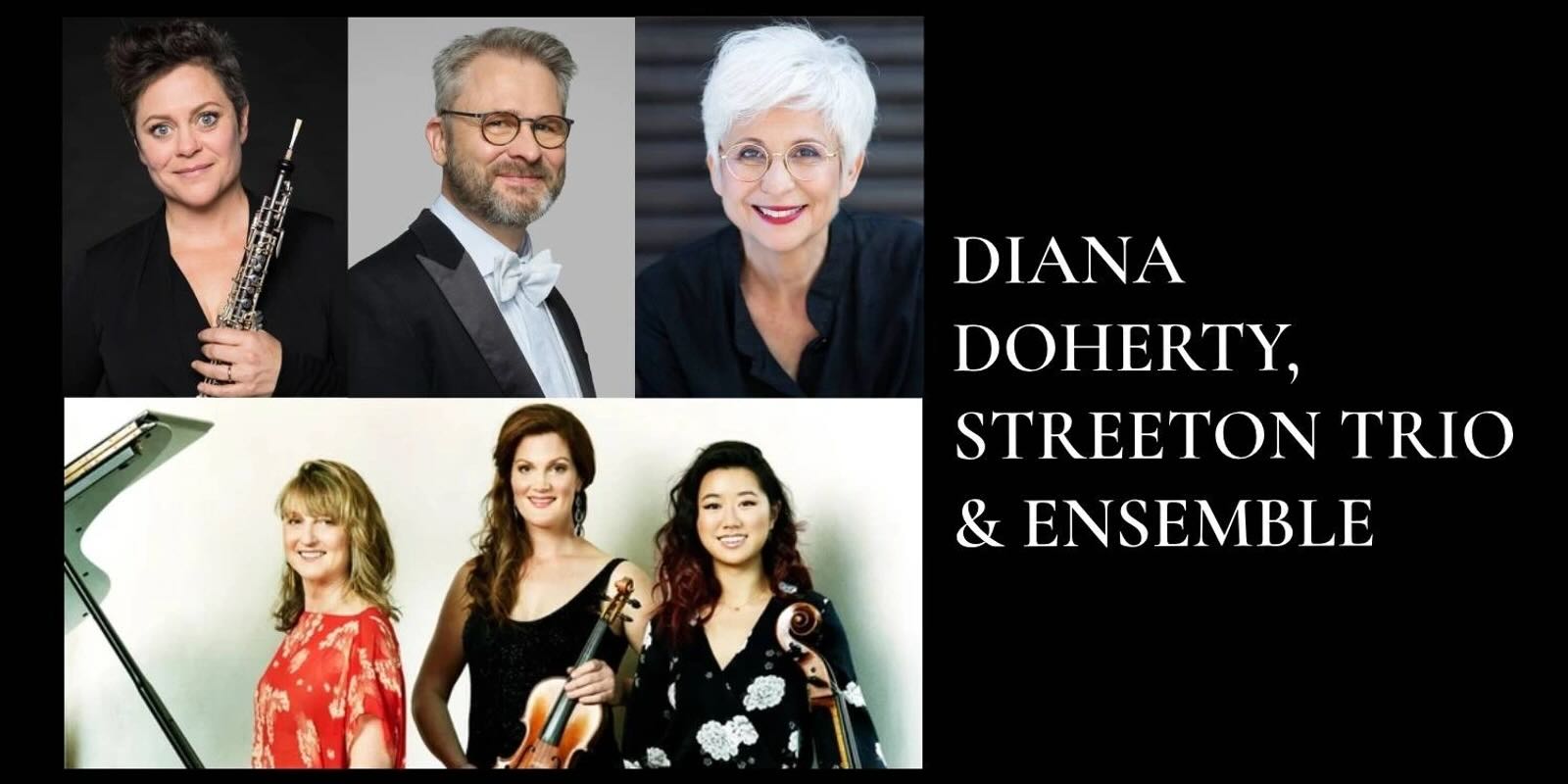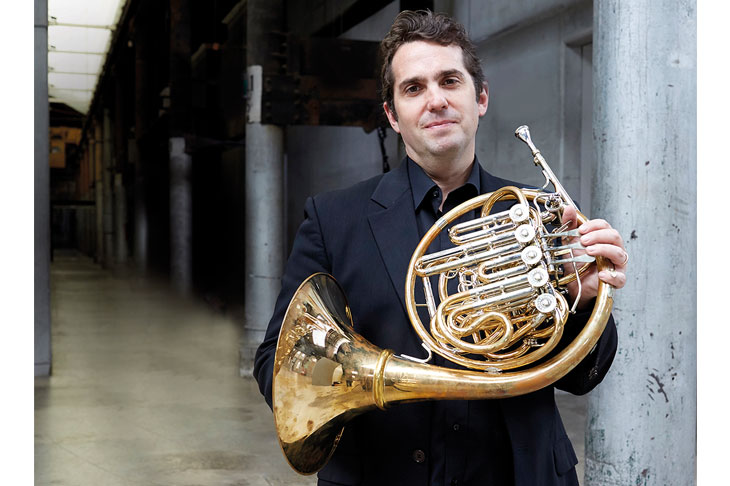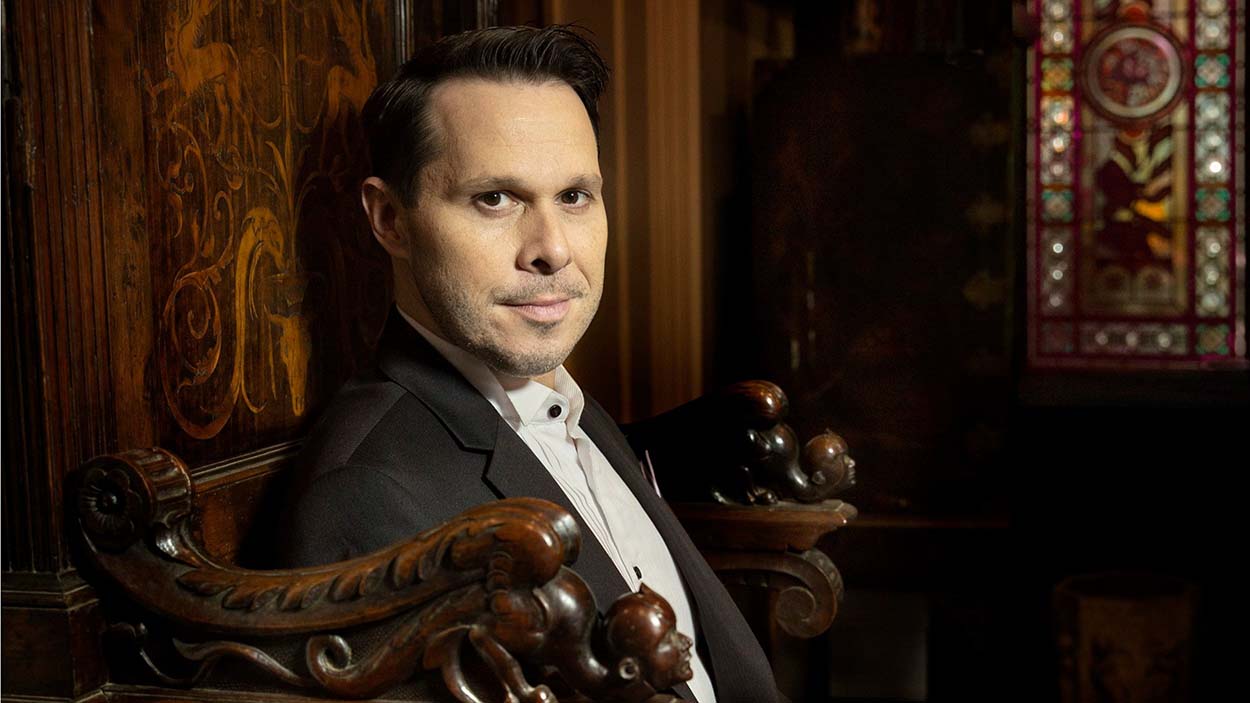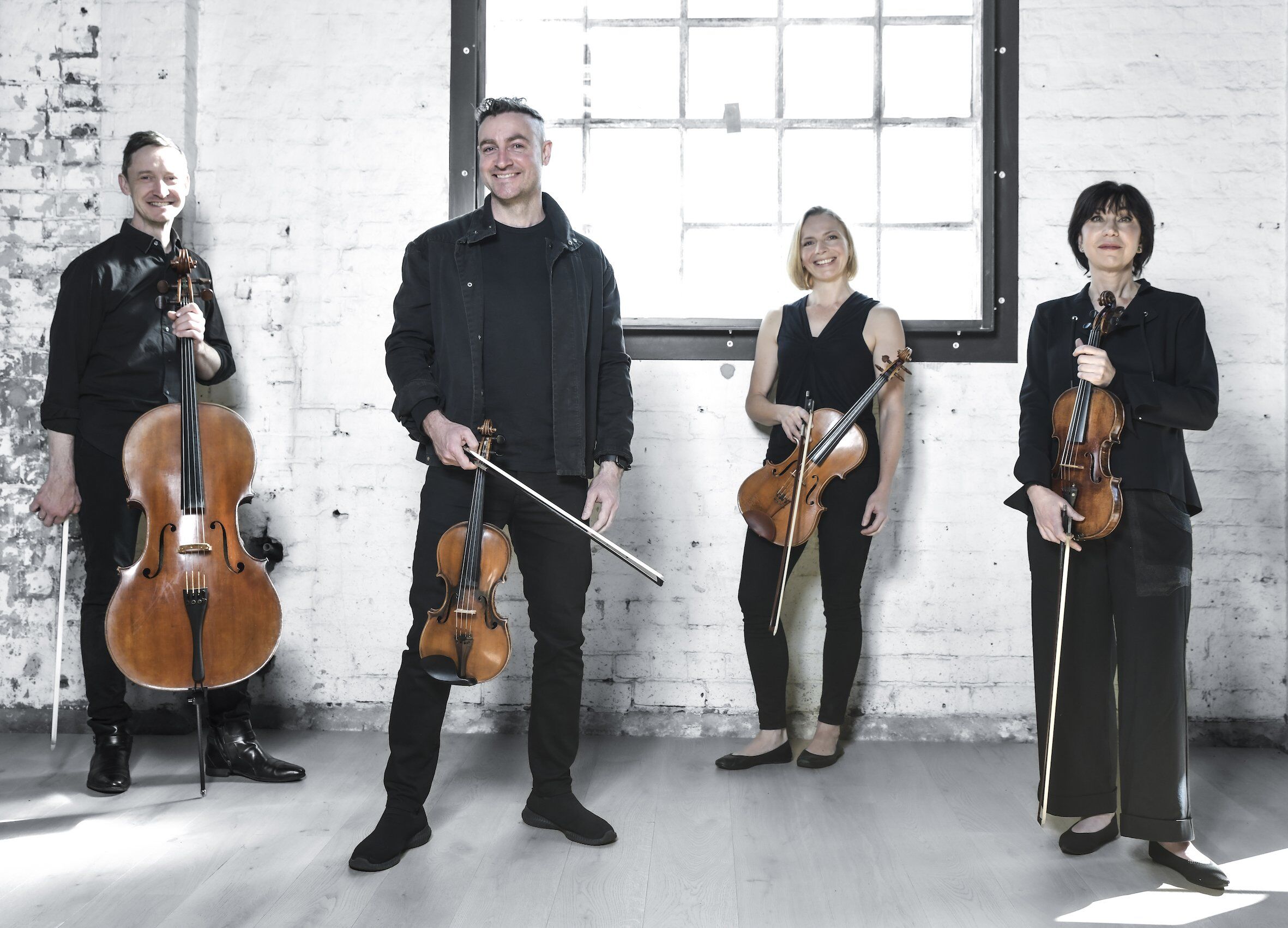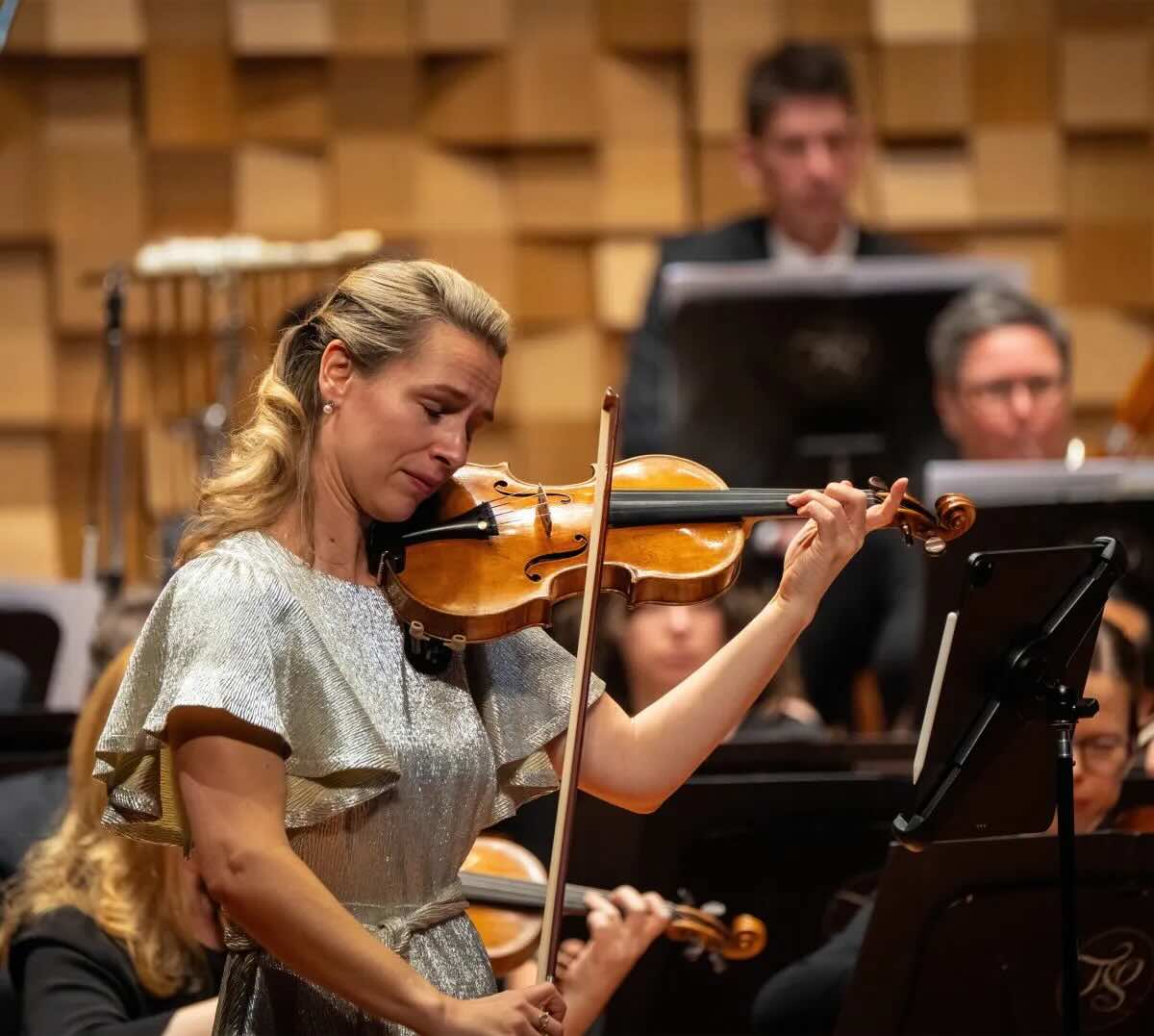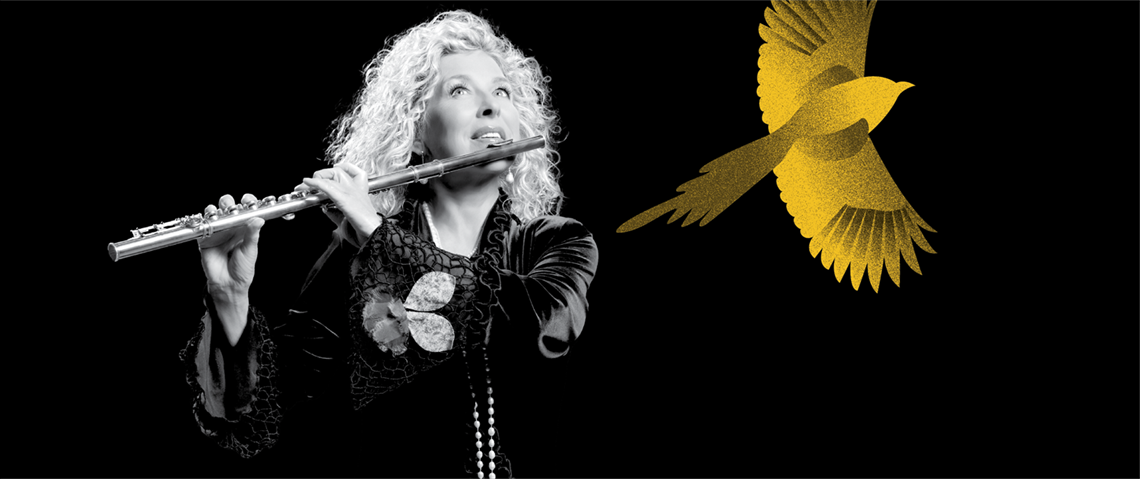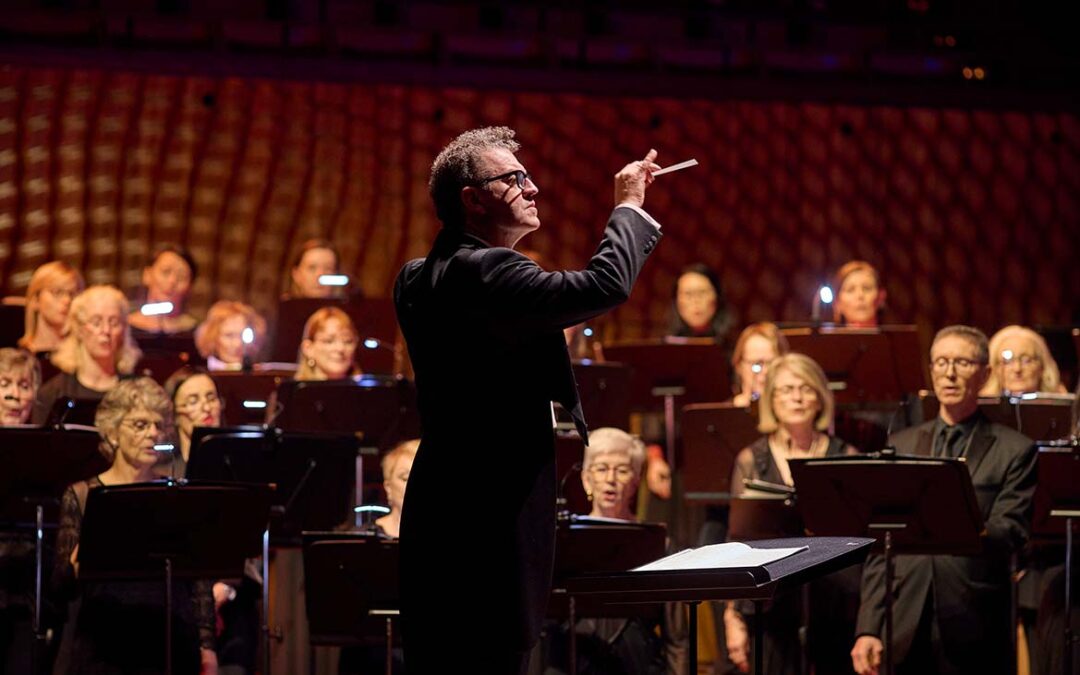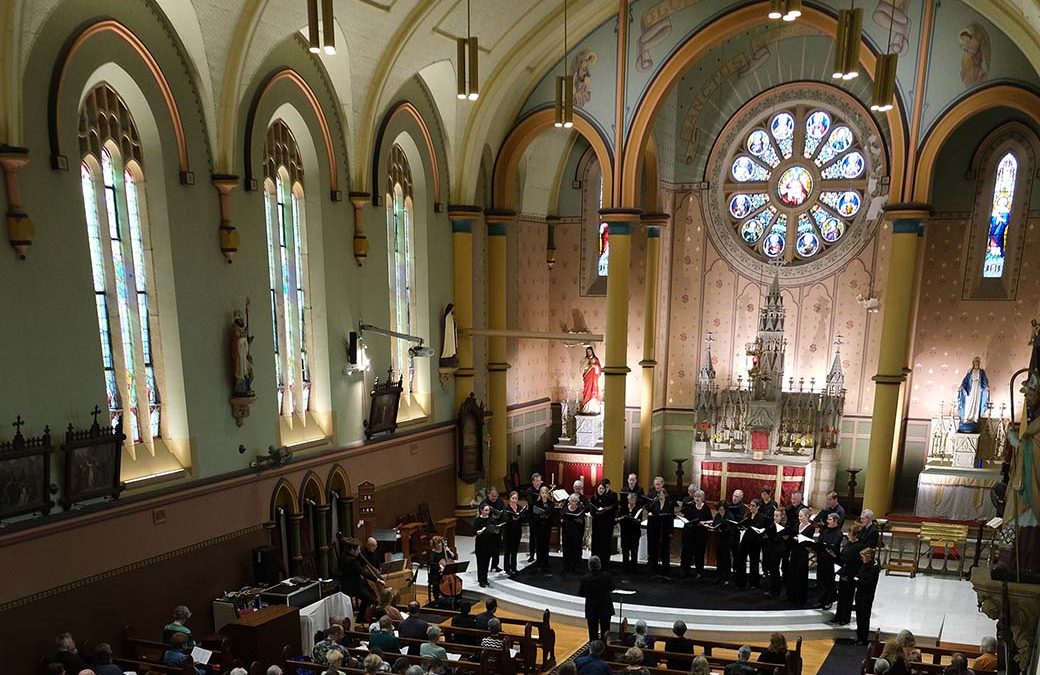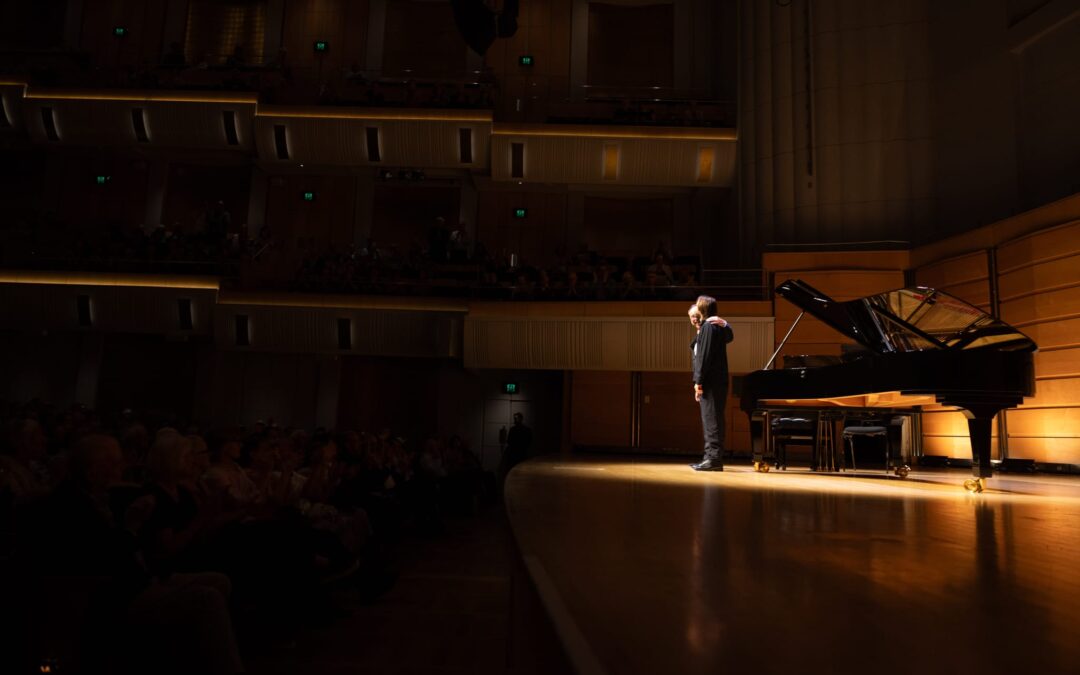VOX | The Little Match Girl Passion
4 October 2023, Verbrugghen Hall, Sydney
Conductor: Elizabeth Scott
Piano: Luke Byrne
Program:
DEBORAH CHEETHAM FRAILLON and MATTHEW DOYLE: Tarimi Nulay – Long time living here
LUKE BYRNE:
The Six Swans
Four Songs from Grimm’s
NAOMI CRELLIN: Thrice upon a time
DAVID LANG: The Little Match Girl Passion
The New York composer David Lang won a 2008 Pulitzer Prize for his The Little Match Girl Passion. This work is loosely modelled on Bach’s St Matthew Passion, but rather than the suffering of Jesus, it is based on the young girl from Hans Christian Andersen’s story, trying to sell matches for her abusive father. Ignored by passers-by, she freezes to death in the deep midwinter.
Lang says that Bach is every composer’s favourite composer and is the high watermark of what composers do. But there is a disconnect in this. Lang feels Bach’s deep commitment to his religion through his music, but as an atheist himself, Lang cannot cross the line to feel for Jesus what Bach does. Lang distilled that the essence of the power of Bach’s passions is in observing the suffering of others which could make you a better human being; the crowd reaction which asks “if I had been there, could things have been different?”
In a sense, the match girl’s suffering is more tragic than that of Jesus, firstly because she is a true innocent with no choice, whereas Jesus, as an adult, at least had an option not to antagonise the political elites. Secondly, the story is more universal, because it does not require buying into a doctrinal creed. And finally, it is more relevant today because in any big city you have to walk by homeless people, which forces you to tune out of the suffering of your fellow man; the everyman for which the match girl is the crystalline metaphor.
Far from being blasphemous, none of this lessens the appeal of the work for devout Christians, but rather makes it inclusive for all humanity and cements its relevance to the present day.
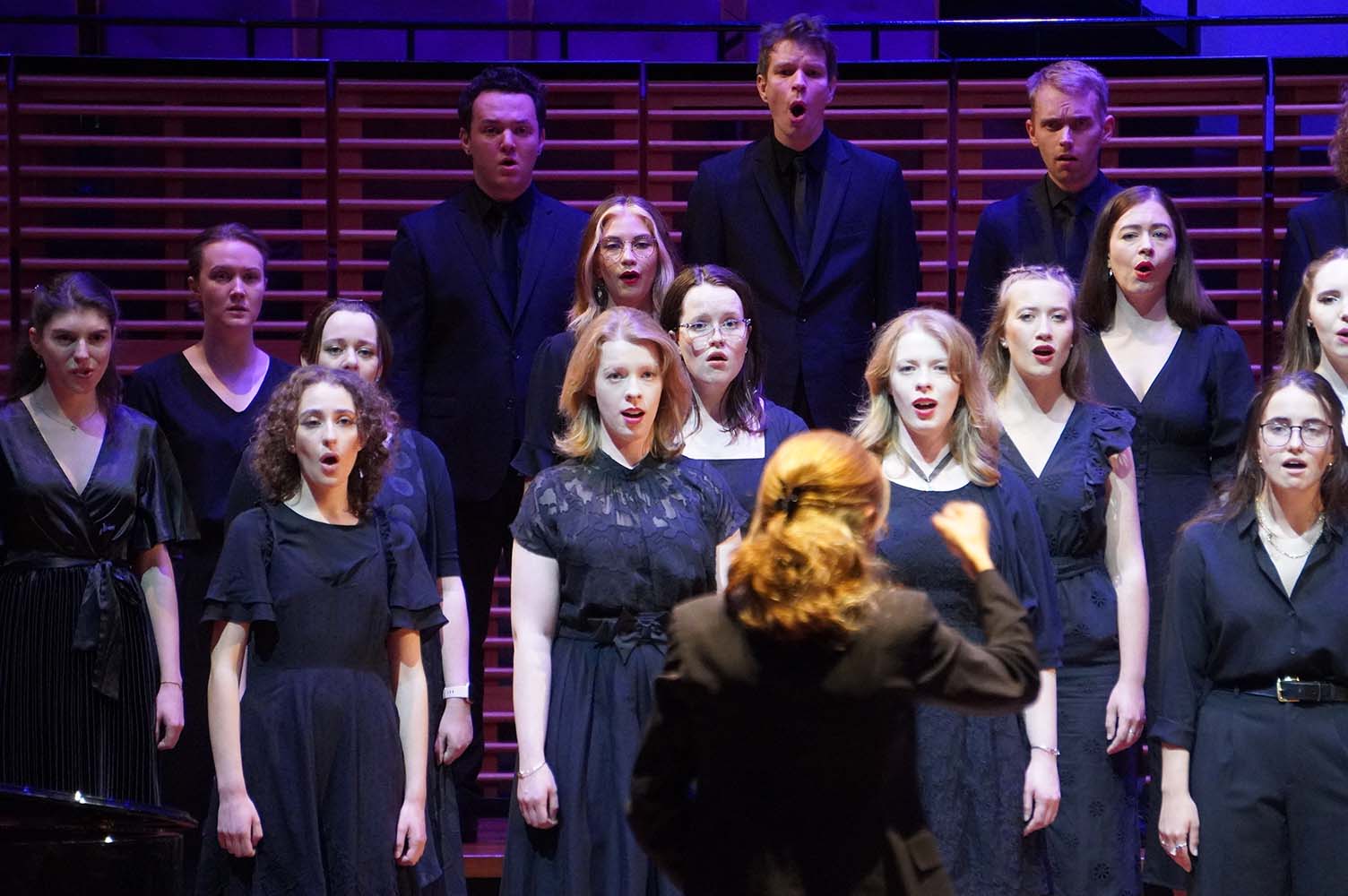
Vox’s performance under Scott’s direction was committed and musically precise. The work is mainly for unaccompanied choir, but has some sparse percussion accompaniments played by members of the chorus. The sections of prose from the original English translation (what would have been biblical quote recitatives in Bach’s passions) were in this work sung by homophonic chorus. The short punctuated phrases with intervening silences were poignant and had intensity, despite barely rising above the pianissimo. This “recitative” was beautifully contrasted to the more lyrical and musically complex settings of the commentary, not quoted from Anderson; the equivalent of Bach’s arias/chorales.
The smaller works on the program were equally well done. The etherial Tarimi Nulay was a well appreciated and innovative alternative to the usual spoken or recorded welcome to country. I would love to see other concerts make the effort and open in this way. Perhaps we could also have short humorous work to ask people to turn off their phones…
The Six Swans is based on a rather dark Brothers Grimm fairy tale. Luke Byrne, who was also the accompanist, set it in a major tonality with an unflinchingly positive outlook. His musical setting transforms the tale into one of love and generosity. It was impossible for the spirit not to be buoyed by the choir soaring ecstasy. The second work by Byrne, Four songs from Grimm’s, was composed in 2017 for the NSW Public School Singers. Again here, it is not so much a literal retelling of the tales as tapping into the emotional essence. The chorus’ diction was clear as a bell and hence able to bring out all the humour.
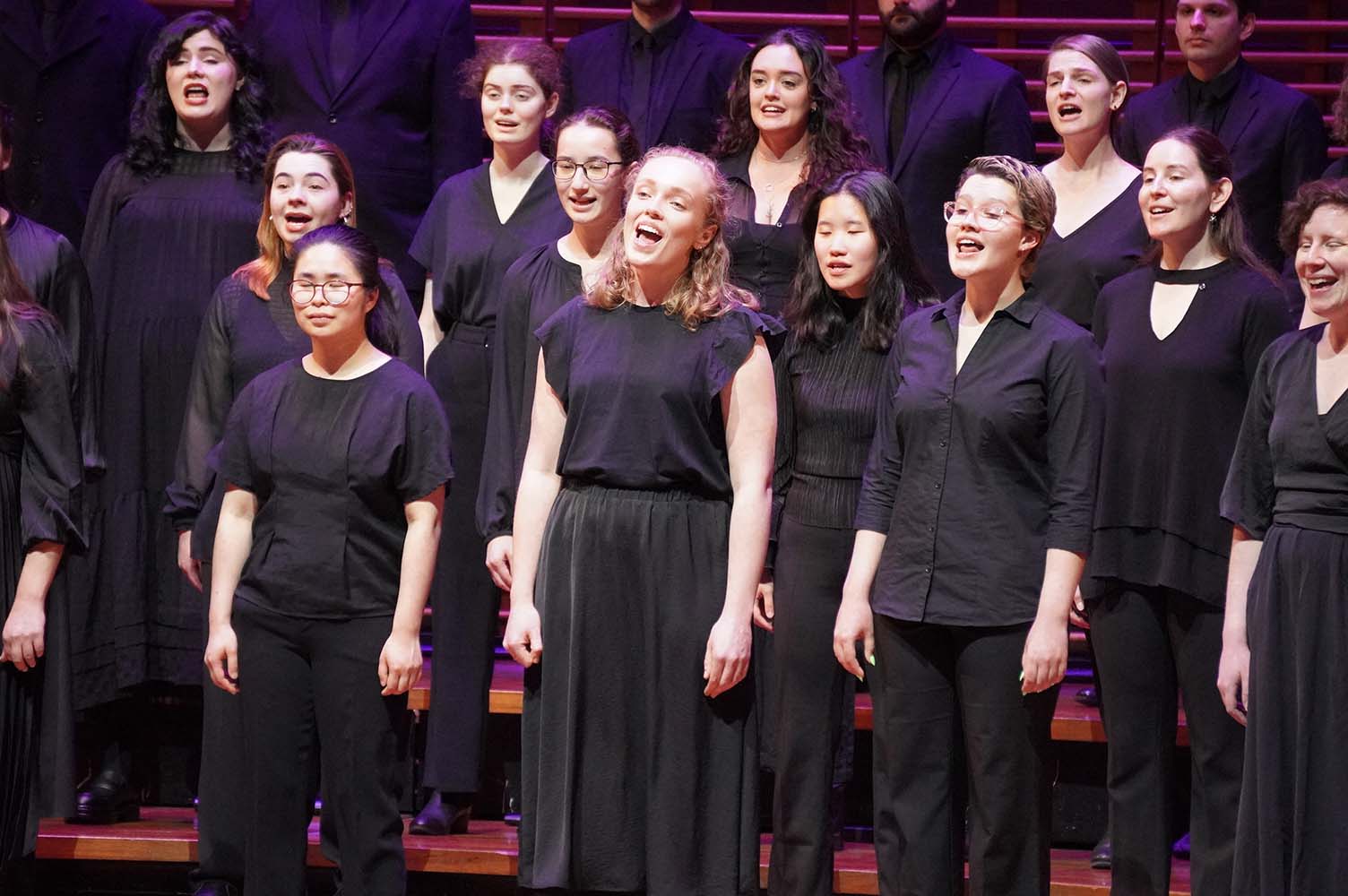
Crellin’s Thrice upon a time is an hilarious look at the unrealistic “happily ever after” endings of fairy tales. Clearly the members of the choir were engaged by the sentiments and brought out every nuance of the humour. They did not lose the rather serious undertone that fairy tales, and incidentally the modern media, might be selling us a pup.
Performing from memory as these first three works on the program were, is usually musically beneficial as it enables the musicians to give full focus to the conductor’s directions. The Crellin and Lang pieces were performed with scores, but without musical detriment. The choir was always totally committed to Scott, showing an impressive level of preparation in rehearsal. Vox’s professionalism cannot be faulted.
What an interesting program and impressive level of performance! This is the first time I have heard this group (and these works), but I will certainly search them out in future.
Photography: Simon Crossley-Meates

